 Welcome
Welcome
“May all be happy, may all be healed, may all be at peace and may no one ever suffer."
Autism spectrum disorder

Autism Spectrum Disorder (ASD) is a neurodevelopmental disorder that affects communication, social interaction, and behavior. It is referred to as a "spectrum" disorder because the symptoms and severity can vary widely among individuals with the condition.
Some common symptoms of autism include:
- Difficulty with social interactions and relationships
- Challenges with communication, such as delayed language development or difficulty with conversational give-and-take
- Repetitive behaviors or routines
- Resistance to changes in routine or surroundings
- Restricted interests in specific objects or topics
- Unusual responses to sensory information, such as sensitivity to sounds, lights, or textures
It is important to note that everyone on the autism spectrum is unique and may experience these symptoms differently. There is no one-size-fits-all description of autism.
The exact cause of autism is not known, but research suggests that both genetics and environment may play a role. Early intervention and treatment can greatly improve outcomes for individuals with autism, so it is important to seek professional help if you suspect that your child or someone you know may have autism. This may include therapy, educational support, and medication to address any related symptoms such as anxiety or ADHD.
Research Papers
Disease Signs and Symptoms
- Autism
- Antisocial personality disorder
Disease Causes
Autism spectrum disorder
Autism spectrum disorder has no single known cause. Given the complexity of the disorder, and the fact that symptoms and severity vary, there are probably many causes. Both genetics and environment may play a role.
- Genetics. Several different genes appear to be involved in autism spectrum disorder. For some children, autism spectrum disorder can be associated with a genetic disorder, such as Rett syndrome or fragile X syndrome. For other children, genetic changes (mutations) may increase the risk of autism spectrum disorder. Still other genes may affect brain development or the way that brain cells communicate, or they may determine the severity of symptoms. Some genetic mutations seem to be inherited, while others occur spontaneously.
- Environmental factors. Researchers are currently exploring whether factors such as viral infections, medications or complications during pregnancy, or air pollutants play a role in triggering autism spectrum disorder.
Disease Prevents
Autism spectrum disorder
There's no way to prevent autism spectrum disorder, but there are treatment options. Early diagnosis and intervention is most helpful and can improve behavior, skills and language development. However, intervention is helpful at any age. Though children usually don't outgrow autism spectrum disorder symptoms, they may learn to function well.
Disease Treatments
No cure exists for autism spectrum disorder, and there is no one-size-fits-all treatment. The goal of treatment is to maximize your child's ability to function by reducing autism spectrum disorder symptoms and supporting development and learning. Early intervention during the preschool years can help your child learn critical social, communication, functional and behavioral skills.
The range of home-based and school-based treatments and interventions for autism spectrum disorder can be overwhelming, and your child's needs may change over time. Your health care provider can recommend options and help identify resources in your area.
If your child is diagnosed with autism spectrum disorder, talk to experts about creating a treatment strategy and build a team of professionals to meet your child's needs.
Treatment options may include:
- Behavior and communication therapies. Many programs address the range of social, language and behavioral difficulties associated with autism spectrum disorder. Some programs focus on reducing problem behaviors and teaching new skills. Other programs focus on teaching children how to act in social situations or communicate better with others. Applied behavior analysis (ABA) can help children learn new skills and generalize these skills to multiple situations through a reward-based motivation system.
- Educational therapies. Children with autism spectrum disorder often respond well to highly structured educational programs. Successful programs typically include a team of specialists and a variety of activities to improve social skills, communication and behavior. Preschool children who receive intensive, individualized behavioral interventions often show good progress.
- Family therapies. Parents and other family members can learn how to play and interact with their children in ways that promote social interaction skills, manage problem behaviors, and teach daily living skills and communication.
- Other therapies. Depending on your child's needs, speech therapy to improve communication skills, occupational therapy to teach activities of daily living, and physical therapy to improve movement and balance may be beneficial. A psychologist can recommend ways to address problem behavior.
- Medications. No medication can improve the core signs of autism spectrum disorder, but specific medications can help control symptoms. For example, certain medications may be prescribed if your child is hyperactive; antipsychotic drugs are sometimes used to treat severe behavioral problems; and antidepressants may be prescribed for anxiety. Keep all health care providers updated on any medications or supplements your child is taking. Some medications and supplements can interact, causing dangerous side effects.
Disease Diagnoses
Disease Allopathic Generics
Disease Ayurvedic Generics
Disease Homeopathic Generics
Disease yoga
Autism spectrum disorder and Learn More about Diseases
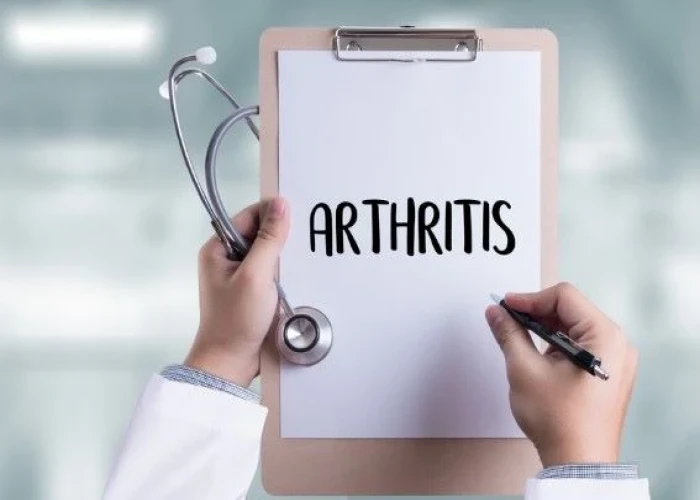
Juvenile idiopathic arthritis
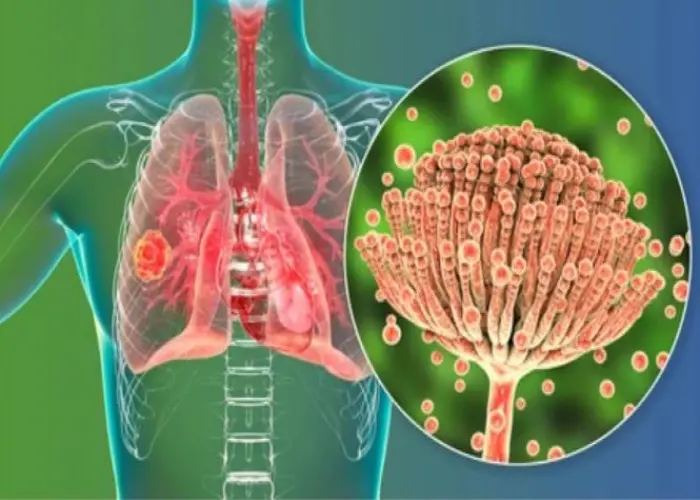
Aspergillosis

Hook Worm
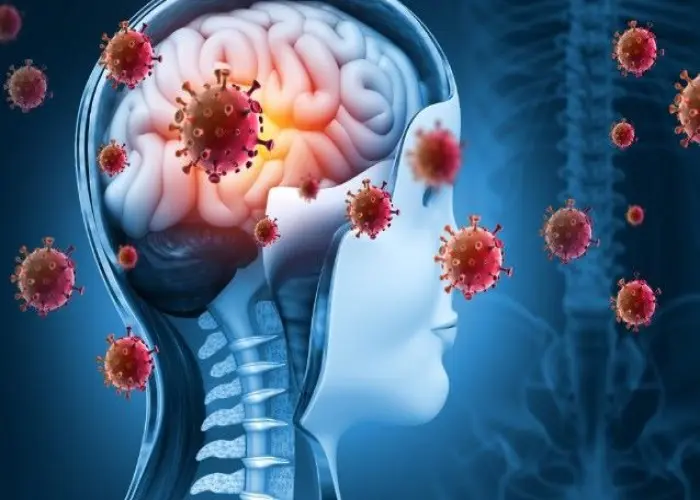
Encephalitis

Dermatitis
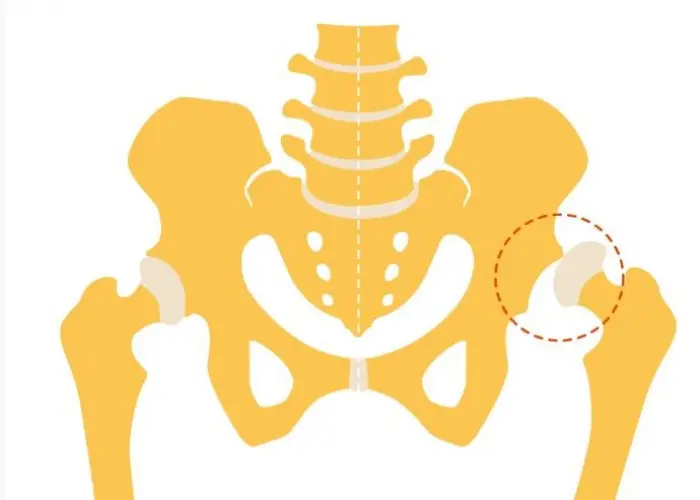
Hip dysplasia
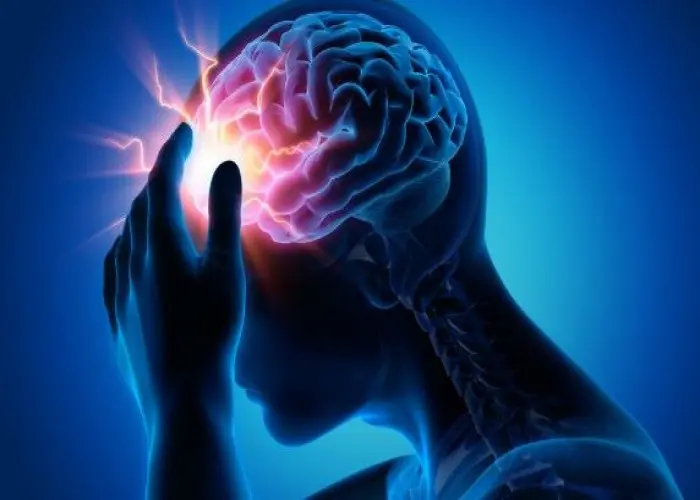
Headaches in children
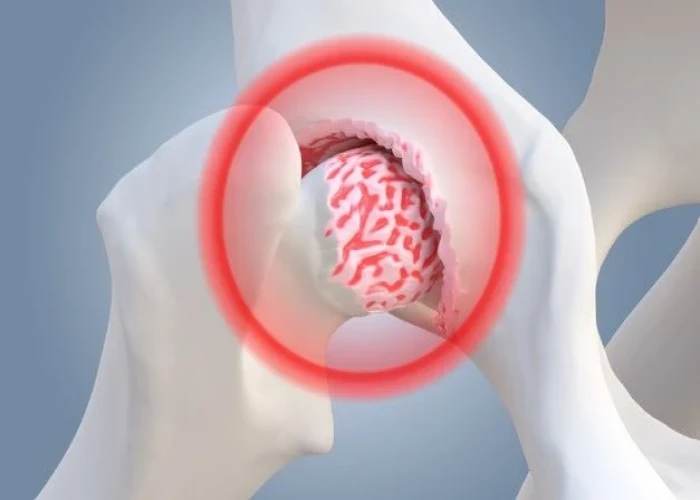
Osteoarthritis
Autism spectrum disorder, Asperger syndrome, AUTI, Autism symptoms, অটিজম বর্ণালী ব্যাধি
To be happy, beautiful, healthy, wealthy, hale and long-lived stay with DM3S.
